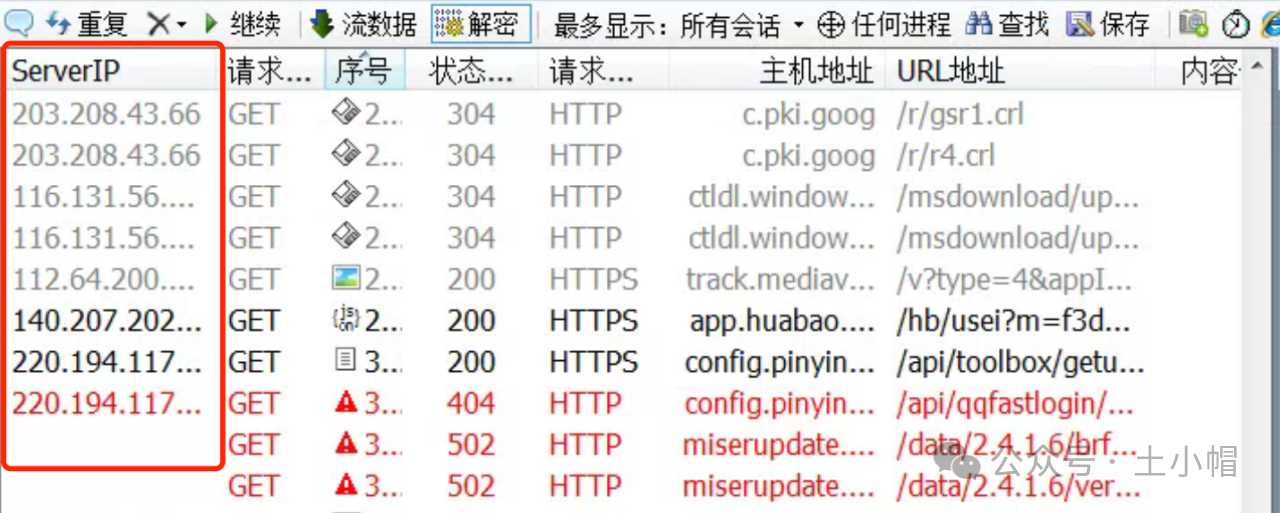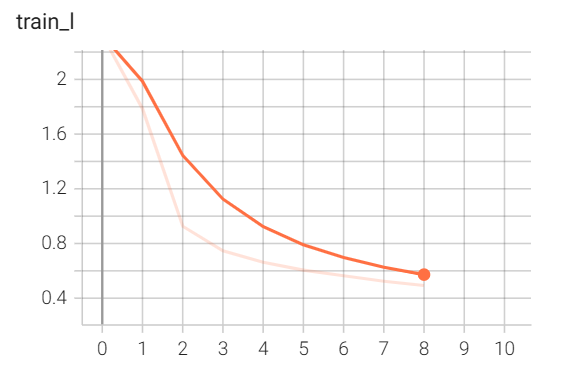1.My_string类中重载以下的运算符:
+、[] 、>、<、==、>=、<=、!=、+=、输入输出(>>、<<)
主函数:
#include <iostream>
#include "my_string.h"
using namespace std;
int main()
{
My_string s1("cat");
My_string s2(" fash");
My_string s3=s1+s2;
s3.show();
cout<<"索引:"<<s3[5]<<endl;
My_string s4("beef");
My_string s5(" milk");
s4+=s5;
s4.show();
My_string s6("Abc");
My_string s7("abc");
cout<<(s6>s7)<<endl;
cout<<(s6<s7)<<endl;
return 0;
}
my_string.h
#ifndef MY_STRING_H
#define MY_STRING_H
#include <iostream>
#include <cstring>
using namespace std;
class My_string
{
private:
char *ptr;
int size;
int len;
public:
//无参构造
My_string();
//有参构造
My_string(const char *src);
//析构函数
~My_string();
My_string operator+(My_string &S);
char & operator[](int index);
bool operator>(const My_string &S) const;
bool operator<(const My_string &S) const;
bool operator==(const My_string &S) const;
bool operator>=(const My_string &S) const;
bool operator<=(const My_string &S) const;
bool operator!=(const My_string &S) const;
My_string & operator+=(const My_string &S);
friend ostream& operator<<(ostream &out, const My_string &S);
friend istream& operator>>(istream &in, My_string &S);
void show();
};
#endif // MY_STRING_H
my_string.cpp
#include "my_string.h"
//无参构造
My_string::My_string():size(15)
{
this->ptr=new char[size];
this->ptr[0]='\0';
this->len=0;
}
//有参构造
My_string::My_string(const char *src)
{
len=0;
for(int i=0;src[i]!='\0';i++)
{
len++;
}
size=len+1;
this->ptr=new char[size];
for(int i=0;i<len;i++)
{
ptr[i]=src[i];
}
ptr[len]='\0';
}
//析构函数
My_string::~My_string()
{
delete []ptr;
//cout<<"析构函数"<<this<<endl;
}
//重载 +操作符
My_string My_string::operator+(My_string &S)
{
int newlen=len+S.len;
char *newptr=new char[newlen+1];//分配新内存
strcpy(newptr,this->ptr);
strcat(newptr,S.ptr);
My_string temp(newptr);//创建临时对象
delete []newptr; // 释放临时内存
return temp;
}
//重载 [] 操作符
char & My_string::operator[](int index)
{
if(index<0 ||index>=len)
{
exit(EXIT_FAILURE);
}
else
{
return ptr[index-1];
}
}
// 重载 > 操作符
bool My_string::operator>(const My_string &S) const
{
return strcmp(this->ptr, S.ptr) > 0;
}
// 重载 < 操作符
bool My_string::operator<(const My_string &S) const
{
return strcmp(this->ptr, S.ptr) < 0;
}
// 重载 == 操作符
bool My_string::operator==(const My_string &S) const
{
return strcmp(this->ptr, S.ptr) == 0;
}
// 重载 >= 操作符
bool My_string::operator>=(const My_string &S) const
{
return strcmp(this->ptr, S.ptr) >= 0;
}
// 重载 <= 操作符
bool My_string::operator<=(const My_string &S) const
{
return strcmp(this->ptr, S.ptr) <= 0;
}
// 重载 != 操作符
bool My_string::operator!=(const My_string &S) const
{
return strcmp(this->ptr, S.ptr) != 0;
}
// 重载 += 操作符
My_string & My_string::operator+=(const My_string &S)
{
int newlen=len+S.len;
char *newptr = new char[newlen+1];
strcpy(newptr, this->ptr);
strcat(newptr, S.ptr);
delete[] this->ptr;
this->ptr = newptr; // 更新 ptr 指向新内存
this->len += newlen; // 更新长度
this->size = newlen + 1; // 更新容量
return *this;
}
ostream& operator<<(ostream &out, const My_string &S)
{
out << S.ptr;
return out;
}
istream& operator>>(istream &in, My_string &S)
{
delete[] S.ptr; // 释放已有内存
S.ptr = new char[S.size]; // 重新分配内存
in >> S.ptr; // 读取字符串
S.len = strlen(S.ptr); // 更新长度
return in;
}
void My_string::show()
{
cout<<"*ptr="<<ptr<<endl;
cout<<"size="<<size<<endl;
cout<<"len="<<len<<endl;
}

















![[vulnhub] SickOS1.1](https://i-blog.csdnimg.cn/direct/f1e9c58390c24904b8e3019a2776a375.png)



